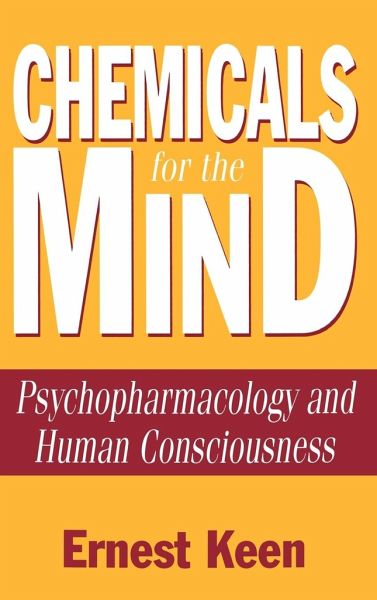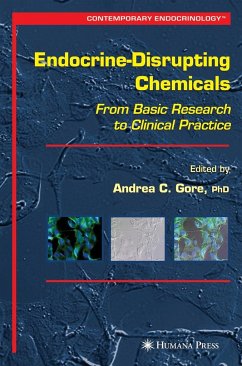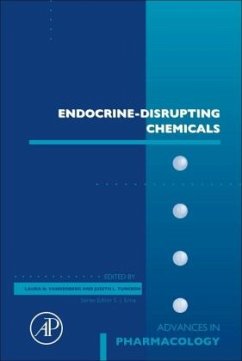
Chemicals for the Mind
Psychopharmacology and Human Consciousness

PAYBACK Punkte
44 °P sammeln!
Silently orienting us to the world are traditions embedded in our language. These traditions shape how we understand the necessities and possibilities of life and truth. Dualism, a metaphysical theory, is such a tradition, and, in Keen's view, the separate discourses of science and morality create double meanings in our experience. Psychopharmacology is a critical intersection of these two worlds, where physical compounds are used to change mental life. Increasingly, the language of neurochemistry formulates that treatment. To control ennui with chemicals is to direct our attention away from w...
Silently orienting us to the world are traditions embedded in our language. These traditions shape how we understand the necessities and possibilities of life and truth. Dualism, a metaphysical theory, is such a tradition, and, in Keen's view, the separate discourses of science and morality create double meanings in our experience. Psychopharmacology is a critical intersection of these two worlds, where physical compounds are used to change mental life. Increasingly, the language of neurochemistry formulates that treatment. To control ennui with chemicals is to direct our attention away from what is wrong in our lives and to focus instead on what we can control easily, by taking a pill. Mental life has become marginal in biologically reductionistic discourse. While the demystification of human consciousness is surely a cornerstone of modernity, in excess it indulges a world design where nothing is sacred and everything becomes just another phenomenon to which we owe nothing. Our practice of manipulating consciousness as an object surrenders the complex reflections of moral ambiguity and struggle. Following the example of our doctors, Keen asserts, we the population neglect what is wrong in our lives. Like the rest of nature, our minds become exploitable. And properties of consciousness become commodities sold by prescription in drug stores. A provocative analysis of psychopharmacology this will be of interest to treatment professionals, from psychologists, psychiatrists, and nurses to social workers, as well as the interested public.













